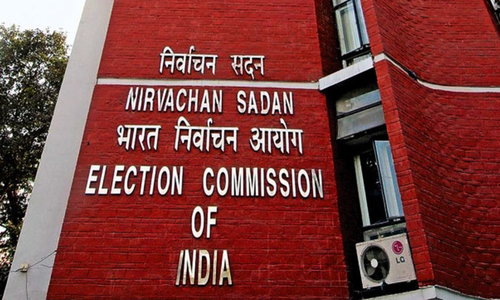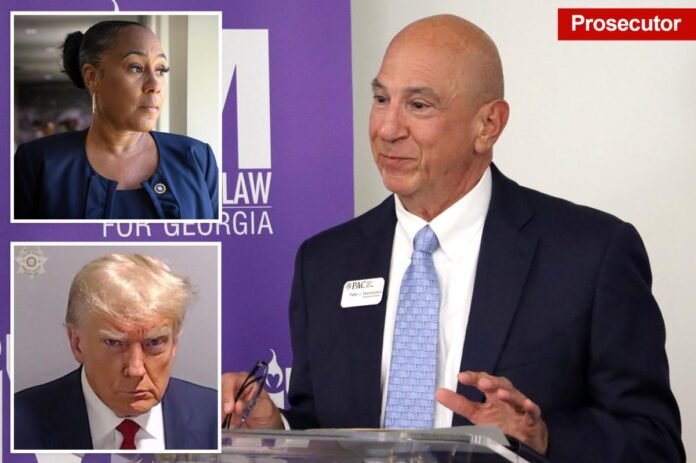Washington, Nov 26 (LatestNewsX) – A suicide bomber linked to the Pakistan‑based group Jaish‑e‑Mohammad (JeM) struck near Delhi’s Red Fort on 10 November, highlighting how Pakistan‑affiliated outfits are refining their recruitment and fundraising tactics after India’s decisive Operation Sindoor in May dismantled several of their bases.
Before the Delhi blast, Indian law‑enforcement agencies dismantled a cross‑regional terror network that spanned three parts of the country, including Jammu and Kashmir. The crackdown yielded nearly 2,900 kg of explosives near Delhi—360 kg of ammonium nitrate among them—plus assault rifles and a dozen doctors arrested for alleged involvement in the plot.
“The scope of the seizure suggests that the ‘white collar’ terrorist cell planned multiple coordinated attacks capable of far greater casualties than the Delhi bombing,” Siddhant Kishore, a Washington‑based national‑security and foreign‑policy analyst, wrote for “The Cipher Brief.” He added that it is plausible the Delhi suicide bomber, Dr. Umar Nabi, acted on his own after authorities uncovered the larger scheme and detained his associates. Nabi and another Kashmiri doctor were said to have been recruited by JeM operatives via Telegram, meeting them in Turkey to secure explosives, funding, and logistical aid.
The report notes a notable shift in Pakistan‑linked terror groups’ tactics. Rather than focusing solely on radicalising ill‑educated youth, they are now targeting educated professionals with specialised skills. Funding sources have also moved away from conventional banking toward fintech, mobile wallets, and decentralized digital payment systems. These trends underscore a strategic pivot toward more sophisticated, harder‑to‑detect forms of proxy warfare aimed at undermining India’s internal stability and social fabric.
Against this backdrop, the report urges the United States to reexamine its growing ties with Pakistan’s military establishment—a key source of regional instability. It warns that deeper diplomatic and economic engagement risks eroding long‑term stability if policy-makers ignore Islamabad’s dual posture of portraying a counter‑terrorism partner while cultivating terrorist proxies.
“Washington must reassess the foundation of its Pakistan policy,” the report says. “The United States should use its political leverage and aid mechanisms to tie engagement to concrete counter‑terror reforms: dismantling militant networks, enforcing digital‑financial oversight, and stopping cross‑border militant activity. Without such conditionality, the United States may inadvertently legitimize a regime that feeds the very instability it seeks to curb.”
Stay informed on all the latest news, real-time breaking news updates, and follow all the important headlines in world News on Latest NewsX. Follow us on social media Facebook, Twitter(X), Gettr and subscribe our Youtube Channel.



